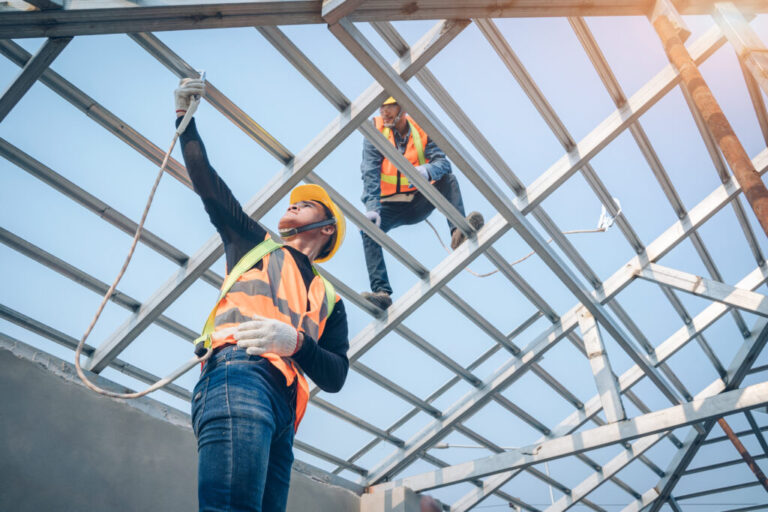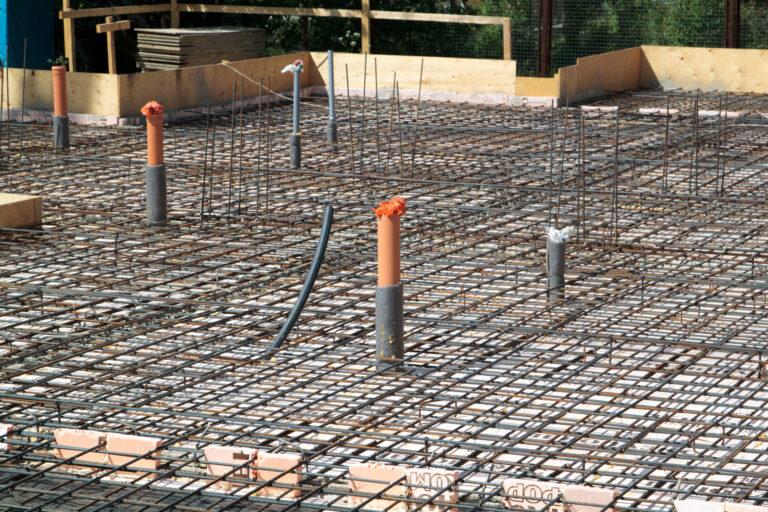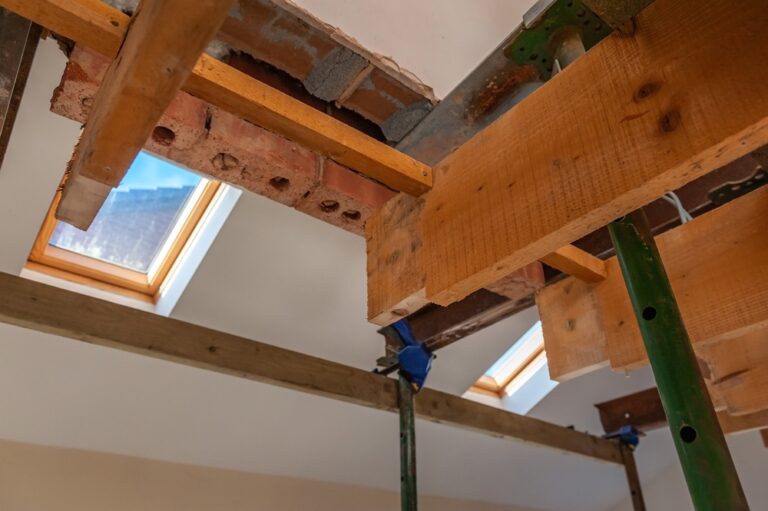Protect Your Home’s Foundation in Dallas Texas
Navigating the intricacies of moisture management around your home’s foundation, especially in Dallas’s characteristic climate, can be a balancing act. Previous insights from Elora Structural have spotlighted the risks of water accumulation and the importance of safeguards like gutters and effective land grading. Yet, it’s equally crucial to prevent the foundation soil from getting too arid. Let’s delve deeper into this.
The Challenge of Expansive Clay Soil in Dallas
Our regular readers are likely familiar with our discussions on the expansive clay soil prevalent in regions like Dallas, TX. This particular soil type, renowned for its reactions to moisture fluctuations, often stands as the primary culprit behind numerous foundation challenges in the area. To address the concern of overly parched soil, understanding this soil’s nature is essential.
To simplify, expansive clay soil possesses a dual character – it bloats when drenched and shrinks when dehydrated. When engorged with moisture, this soil can exert significant pressure on foundations, leading to potential disruptions. On the flip side, in its dehydrated state, it can create a gap from your foundation. Such separations can pave the way for potential hazards like moisture-filled voids during rains, cavities beneath foundation footings, and a decrease in the friction that stabilizes foundation walls.
Additional factors, like large tree roots drawing moisture during intense drought conditions, can exacerbate these issues. But remember, the solution isn’t tree removal but ensuring they’re adequately hydrated.
Detecting Dryness Around Your Dallas Foundation
If Dallas’s sun has been relentless and you’ve been remiss in supplemental watering, chances are, your foundation’s surrounding soil is thirsty. Look out for tell-tale signs such as prominent soil fissures or an evident retreat from your foundation.
Elora Structural’s Blueprint for Optimal Water Management in Dallas
If you’ve overlooked the hydration needs of the soil encircling your foundation, don’t fret. Unless you observe overt foundation damages, a timely reintroduction of moisture can avert impending risks. However, if signs of deterioration are evident, it’s time to summon an Elora Structural expert. Often, simple soil rehydration can rectify minor foundation misalignments. Thus, before investing in expansive repairs, consider a seasoned consultation; it might lead to a more cost-effective resolution.
To maintain the perfect moisture equilibrium:
- Frequency: Amid the intense heat and arid conditions typical of Dallas, ensure your foundation’s soil receives water equivalent to 1-2 inches of rainfall every week. Also, remember to water sizeable trees close by to deter them from draining moisture close to the foundation.
- Techniques:
- Sprinkler Systems: They offer convenience, but make sure they distribute water evenly and encompass areas adjacent to the foundation.
- Soaker Hoses: These promise a uniform water spread. Position them at a safe distance from your foundation to avoid direct contact.
- Drip Irrigation Systems: An alternative tool for consistently hydrating your foundation.
Target a slow, sustained soak, steering clear of inundation and puddle formation.
For Founation Inspections in Dallas, TX: Choose Elora Structural
For tailored recommendations or any foundation-related concerns in Dallas, Elora Structural is your trusted partner. Offering specialized foundation inspections, we’re ready to curate a moisture management plan specifically for your residence. Connect with us for unmatched expertise.







